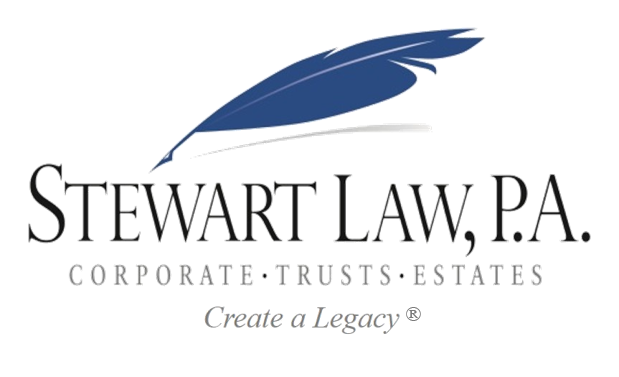3 Takeaways: 40th Annual Estate Planning Conference

The 40th Annual Estate Planning Conference, held as usual in Kiawah Island, South Carolina, just concluded. Below are three takeaways we believe you’ll find useful in your practice.
FLP Entities
John W. Porter, an experienced tax litigator with Baker Botts LLP in Houston, Texas spoke on several topics including family limited partnership style entities. There were a number of takeaways but a good summary is still “respect the entity.” Too many families treat these as personal bank accounts rather than business entities and do not get the results they hoped for. If your clients have these LLCs or LPs and still desire the benefits that led to their creation, encourage them to have at least an annual meeting with their advisors to help ensure that they are operating the entity as a business.
Kaestner
We’ve written before about the US Supreme Court decision that ruled North Carolina’s attempt to tax trust income merely on the basis of a beneficiary residing in North Carolina unconstitutional. N.C. Dept. of Revenue v. Kimberly Rice Kaestner Family 1992 Family Trust, U.S. Sup. Ct. No. 18-457 (June 21, 2019). The important planning opportunities going forward will involve advisors looking at the three factors that states basically use to determine whether they will tax a trust’s income and then assisting their clients in making strategic decisions accordingly. The three considerations that normally are involved in state income taxation of trusts are the location/residence of: (1) Grantor; (2) Trustee/Trust Administration; and (3) Beneficiary(ies).
Grantor Trusts
A third takeaway also comes from Porter and I’ve heard this called the “greatest estate planning technique” at various CEs for about the last 10 years. The technique is grantor trusts and it is indeed very powerful. If you want to make a gift outside the tax system, you normally need to keep it under the annual exclusion limit. With a grantor trust, however, you are allowed to pay all the income taxes for the trust and not report it as a gift. Trust assets (and other assets for that matter) grow quickly without the drag of income taxes. Mixing this technique with the magic of compound interest, many of us have seen this become so impactful that even very affluent clients eventually decide to turn it off and stop transferring wealth to younger generations with it. Furthermore, as Porter reports, the IRS really can’t attack it.
*Intended as general guidance only and not as legal advice.
